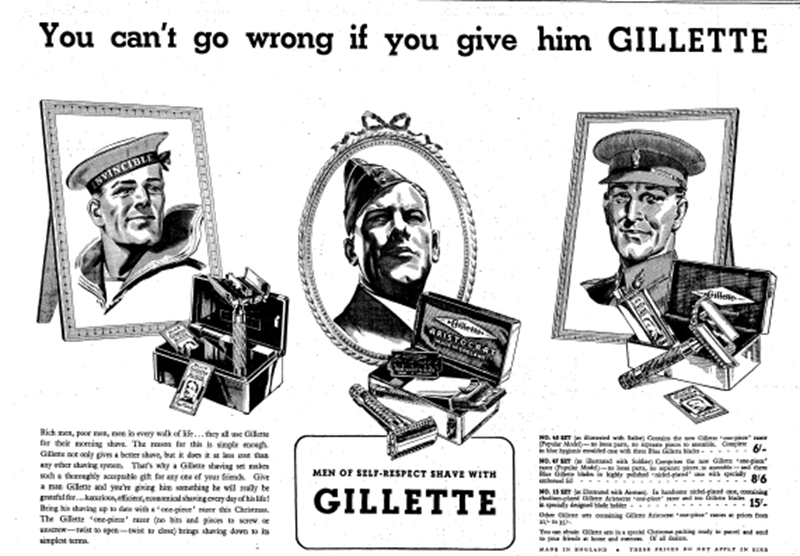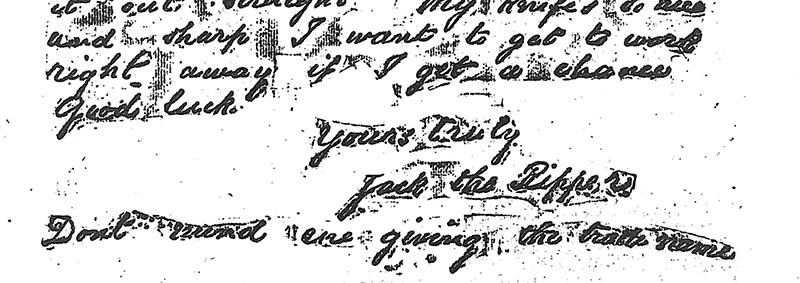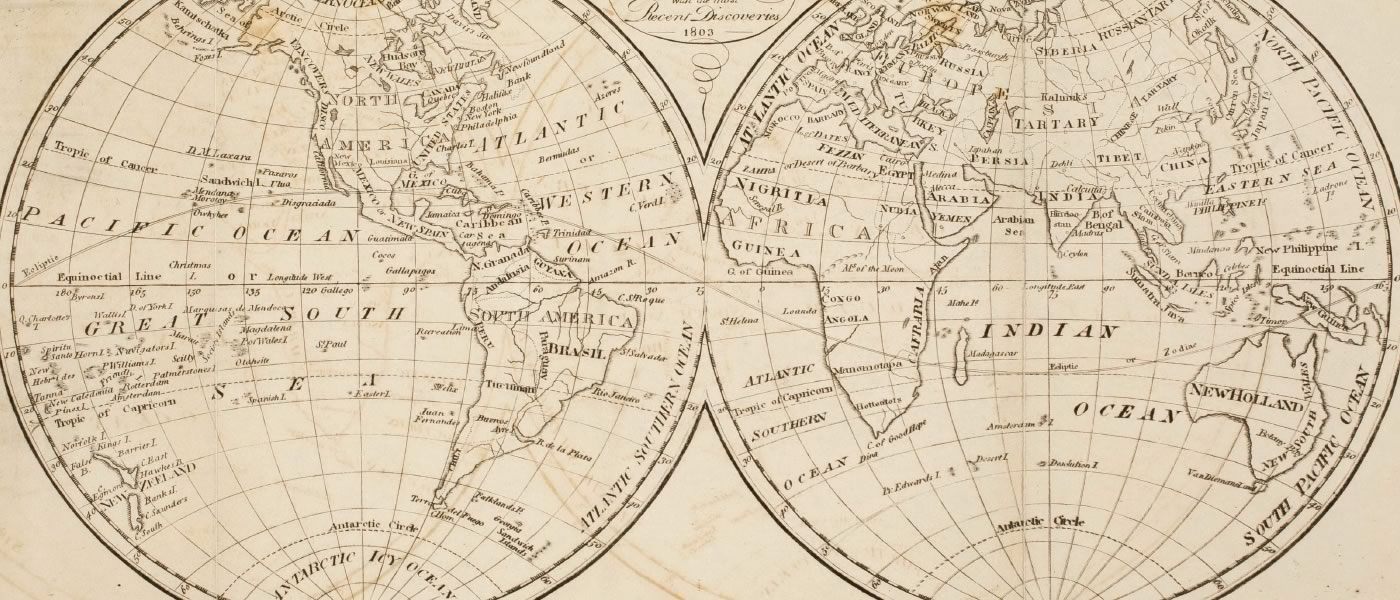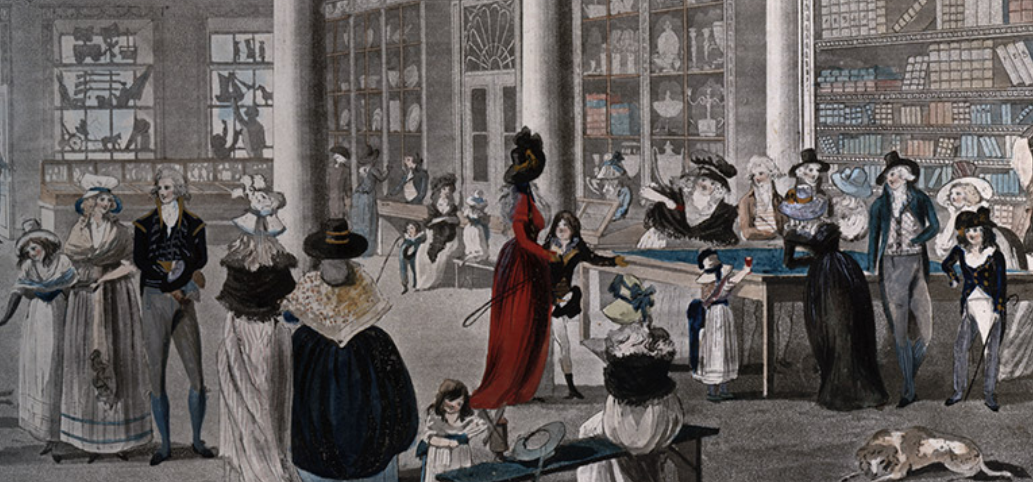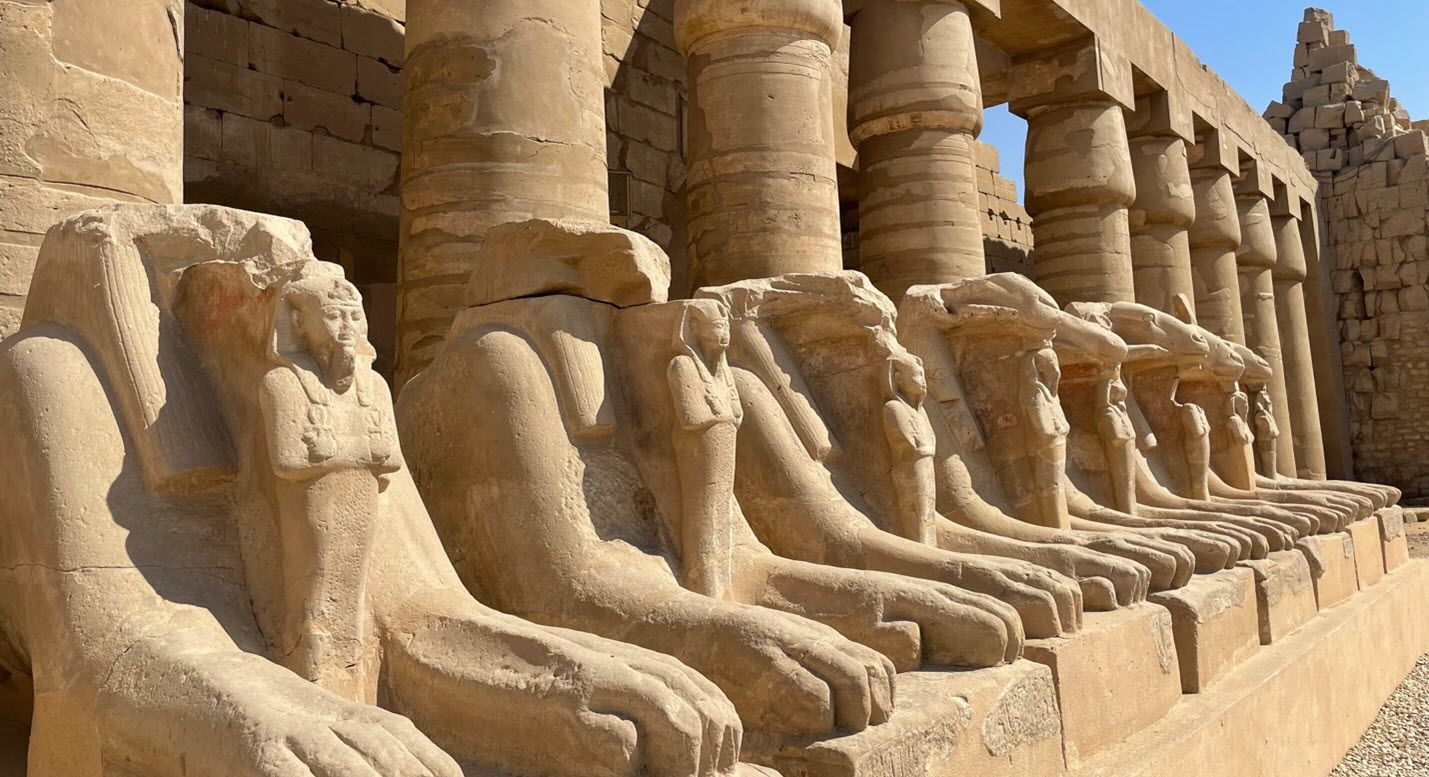Looking Back at 100 Years of Gillette Advertisements
| By Kevin Kohls | In 2019, Gillette razors made waves with a new ad that addressed toxic masculinity through the frame of Gillette’s past advertisements. The ad brought forth passionate responses from those who support it as well as those who rebuke the message. With memorable taglines like “The Best a Man Can Get,” … Read more

